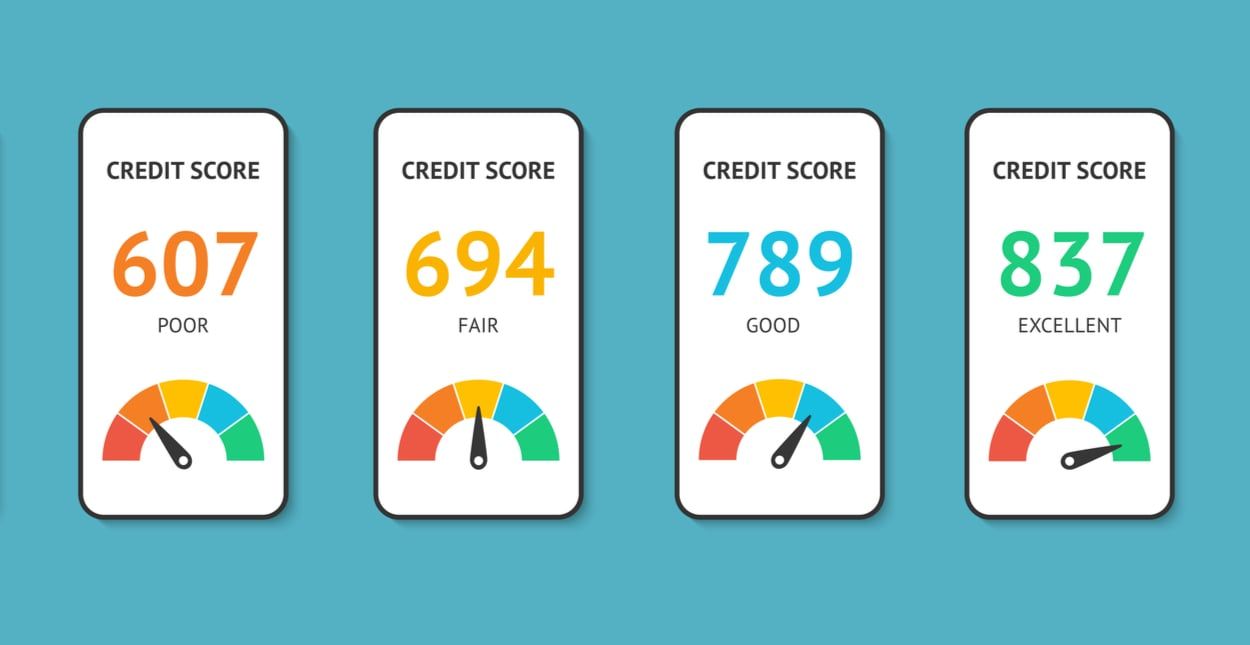When it comes to securing financing for your small business, your credit score can play a significant role in determining your eligibility. It's a common concern for entrepreneurs, especially for those just starting or looking to expand. However, the good news is that even with a minimum credit score of 500, there are loan options available. Understanding these options and how credit affects your loan application can empower you to make informed decisions and find the right financing solution for your business.
A credit score is a numerical representation of your creditworthiness, based on your credit history. Lenders use this score to assess the risk of lending you money. Generally, a higher credit score means lower risk, which can lead to more favorable loan terms such as lower interest rates and higher borrowing limits. Conversely, a lower credit score might limit your options and result in higher costs.
Loan Options for a Credit Score of 500
We have lending options for business owners with bad credit! Apply Here
Despite a lower credit score, you have pathways to securing a small business loan. Here’s how:
Microloans are designed for small businesses and startups in need of smaller amounts of funding, typically up to $50,000. Organizations that offer microloans may have more flexible eligibility criteria, making them a viable option for those with a credit score of 500.
2. Merchant Cash Advances (MCA)
An MCA provides immediate funds in exchange for a portion of your future credit card sales. The eligibility for an MCA often depends more on the consistency of sales rather than credit score alone, making it an option for businesses with lower credit scores.
3. Invoice Financing
This type of financing allows you to borrow against your outstanding invoices. Since the focus is on the reliability of your clients to pay their invoices, your credit score is less of a determining factor.
4. Equipment Financing
If you need to purchase or lease business equipment, equipment financing could be an option. The equipment itself often secures the loan, reducing the lender's risk and making your credit score less critical.
Some lenders specialize in loans for business owners with bad credit. These loans typically come with higher interest rates and fees to offset the increased risk to the lender. However, they can provide a necessary lifeline for businesses in need of capital.
Be Prepared: Gather all necessary documents, including financial statements, business plans, and any information regarding your business’s financial health.
Understand the Terms: Carefully review the terms of any loan offer, paying close attention to interest rates, fees, and repayment conditions.
Consider a Co-Signer: A co-signer with a higher credit score can improve your loan application’s attractiveness.
Improve Your Credit Score: Even small improvements in your credit score can significantly affect your loan options and terms.
Conclusion
A credit score of 500 doesn't mean the end of the road for securing a small business loan. Various financing options are designed to accommodate a wide range of credit profiles. By understanding the available loan types and how to navigate the application process, you can find a loan that suits your business needs. Remember, while securing funding is crucial, it's equally important to take steps to improve your credit score and financial health over the long term.





